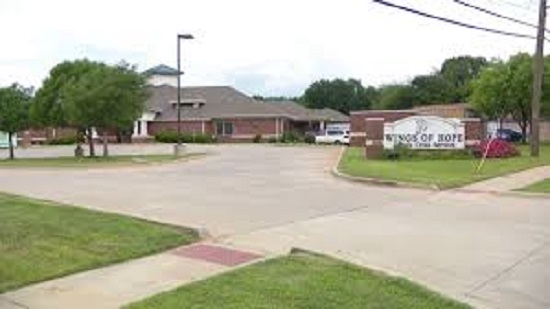Oklahoma City, OK – As city leaders work to finalize next year’s budget, the Oklahoma City Police Department (OKCPD) is sounding the alarm over potential cuts that could further strain an already understaffed force.
The Fraternal Order of Police (FOP) has expressed concerns that the department could face additional budget reductions, compounding existing challenges in maintaining adequate staffing levels. The department, which currently employs approximately 1,000 officers, is facing a significant shortage, with estimates indicating the city needs around 1,400 officers to fully meet its policing needs.
Mark Nelson, President of the Oklahoma City Fraternal Order of Police, highlighted the severity of the situation, noting that freezing 20 more open positions would only exacerbate the issue. “We are already operating with a department that is nearly a third short of where it should be,” Nelson said. “Freezing positions at this point is really concerning and should send alarms to residents about the city’s ability to respond to their needs.”
In December, the city’s budget for the upcoming fiscal year was described as being in a precarious position, with tax revenues falling short of projections. Despite the overall budget increasing compared to last year, much of the increase is allocated to other obligated funds, such as the MAPS 4 program and pay increases that were previously committed to.
City Manager Craig Freeman acknowledged the challenge, noting that the budget team has worked diligently to minimize the impact of these shortfalls on services. However, Freeman emphasized that any budget reduction would inevitably have consequences on public services, including the police department.
“Our team has done a really nice job of working through these challenges,” Freeman said. “But it’s important to recognize that you can’t make reductions without impacting services, and we’re seeing that with the police department.”
The FOP is particularly concerned about the impact on public safety, given the already stretched resources within the department. Much of the funding that would typically be allocated to vacant positions is instead being used to pay officers overtime. This situation is further complicated by upcoming major events, such as the Olympic Games and the NBA playoffs, both of which could put additional pressure on the department.
“We have the Olympics coming up, we have the NBA playoffs in town, and hopefully for the foreseeable future,” Nelson said. “We can’t afford to have an understaffed police department or not adequately compensate our officers. The city’s safety and ability to manage large-scale events depend on it.”
As budget discussions continue, the future of OKCPD staffing and public safety hangs in the balance. The FOP and city officials are calling for solutions that will ensure the department has the resources it needs to effectively serve the residents of Oklahoma City while also addressing the financial constraints the city is facing.

